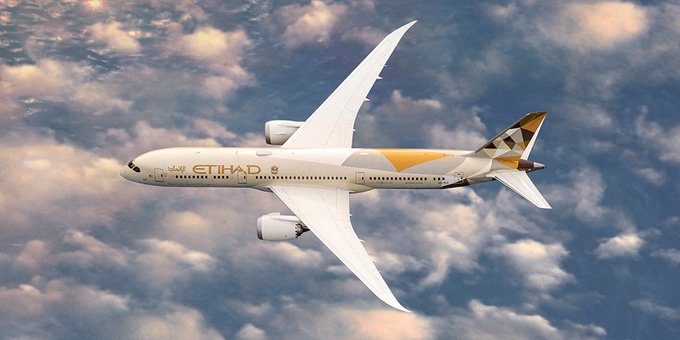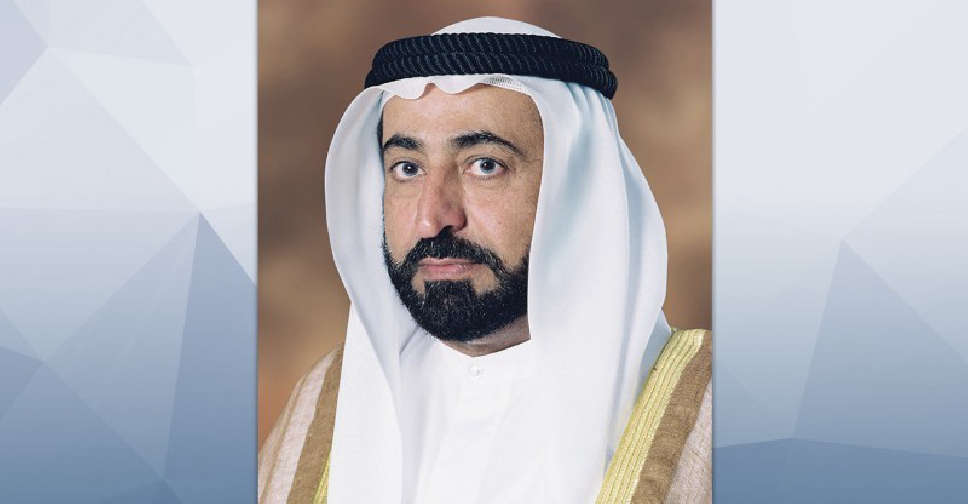
Etihad Airways has recorded a strong start to 2020, with the airline progressing well ahead of its transformation plan targets.
That's according to Adam Boukadida, Chief Financial Officer of Etihad Aviation Group, who said the carrier "started strong, riding on the positive momentum gained in 2019, and by the end of the first quarter, the airline was on track to achieve a 2020 EBITDA of $900 million (2019: $453 million)".
"This year Etihad managed to maintain a satisfactory level of liquidity despite a major drop in revenues, while continuing to raise new liquidity facilities supported by local and international financial institutions.
"This was supported by maintaining an ‘A with a stable outlook’ Fitch rating in April, at the height of the pandemic. Etihad was one of a small number of airlines to maintain its pre-COVID-19 credit rating."
Commenting on the airline's performance, Tony Douglas, Group CEO of Etihad Aviation Group, said, "Etihad faced a set of enormous and unpredictable challenges in the first six months of the year. We started 2020 strong, and recorded encouraging results as part of our continuing transformation programme. This left us in a relatively robust position when COVID-19 hit, allowing us to act with agility, and to mobilise all available resources as the crisis deepened, taking major steps to reduce costs through a wide-reaching series of measures."
In a statement by the airline on Thursday, core operating loss for this period increased by US$172 million to US$758 million, driven by a 38 per cent drop in revenues, which stood at US$1.7 billion. This was partially off-set by a 27 per cent reduction in direct operating costs to US$1.9 billion, and a 21 per cent reduction in general and administrative expenses to $0.40 billion, both driven by management cost containment initiatives and reduced operations.
Etihad carried 3.5 million passengers in H1, a reduction of 58 per cent from the same period the previous year.
Cargo revenues were $0.49 billion, an improvement of $130 million (37 per cent) compared to the same period in 2019, with 254,345 leg tonnes of cargo carried. This was driven by an increase in demand and a spike in cargo fares.
The core operating result for the first three months of the year improved by 34 per cent, despite the onset of COVID-19, with a 12 per cent reduction in passenger numbers, and a 9.5 per cent reduction in Available Seat Kilometres.
Etihad operated up to 40 of its fleet of 97 passenger aircraft in Q2, including Boeing 787 Dreamliners, 777-300ERs, and Airbus A320 family aircraft as belly-hold cargo freighters to complement Etihad Cargo’s operational fleet of six 777-200F freighters.
Between 25th March and 15th June, over 640 special passenger flights were operated to 45 online and offline destinations, using the passenger cabins of these aircraft to fly foreign nationals out of the UAE, and to bring UAE nationals back home.
Etihad is gradually resuming services to more destinations across its global network. This follows the easing of travel restrictions by UAE regulatory authorities on outbound and inbound travel for citizens and residents. All travel remains subject to the entry and health regulations set by the UAE authorities, and those at the end destination.
 Tech sell-off deepens as DeepSeek triggers AI rethink
Tech sell-off deepens as DeepSeek triggers AI rethink
 Trump says DeepSeek's AI should be 'wakeup call' to US
Trump says DeepSeek's AI should be 'wakeup call' to US
 Meraas awards AED 1 billion construction contract for Bluewaters Bay
Meraas awards AED 1 billion construction contract for Bluewaters Bay
 ADNOC Gas strengthens partnership with JERA Global Markets
ADNOC Gas strengthens partnership with JERA Global Markets
 Sharjah Ruler announces launch of Sharjah Creative Quarter
Sharjah Ruler announces launch of Sharjah Creative Quarter




